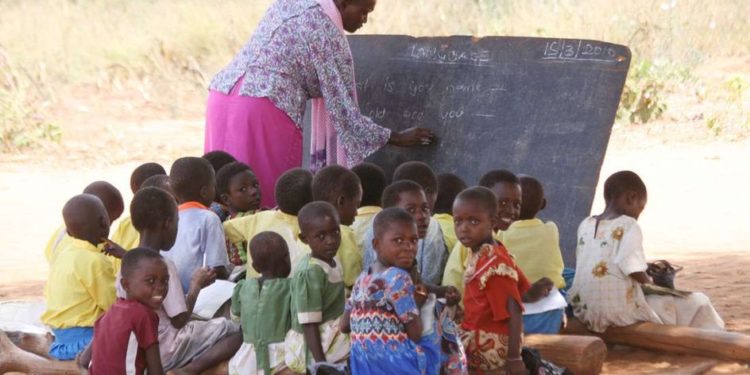The situation also created an environment for investors to offer a critical service that the government had failed to render satisfactorily.
It is these enterprises whose survival is now threatened by the coronavirus pandemic.
The Constitution provides for free and compulsory basic education as a human right for every Kenyan child.
LARGEST SHARE
Over the years, the government has allocated the education docket the largest share of the national budget to cater for tuition, provide books and other learning materials, pay teachers and fund development projects.
Parents have come to believe that private schools provide better education than public ones. They are put off by congestion in classrooms, lack or poor learning facilities and under-staffing in public schools.
In some informal settlements, parents view complementary schools as private schools and, therefore, an option for their children.
FOCUS ON PUBLIC SCHOOLS
As the coronavirus pandemic threatens the future of hundreds of private schools, focus has shifted to public education, where some of the learners from private schools are expected to be enrolled. It is estimated that about 40,000 learners will be affected.
The government’s failure to improve public education led to the proliferation of the private enterprises.
In Nairobi County, for example, a task force established by former governor Evans Kidero to look into ways of improving the sector found that the number of public primary schools had remained at 205 for more than 15 years.
Meanwhile, the number of stand-alone ECD centres had remained at 21, and those attached to primary schools stood at 186.
The schools can accommodate less than half of the city’s school-going population, with the rest having to forego their right to free education and paying for it.
Free primary education is not a new policy in Kenya.
It was there in the 1970s and complemented by the Kenya School Equipment Scheme, which provided textbooks and stationery to all primary schools.
Under the scheme, all public schools had radio sets for the then vibrant radio education programmes.
COST-SHARING
It is in the ’80s and ’90s that things went south.
Then President Daniel arap Moi introduced “cost-sharing”, which meant parents had to pay for their children’s education. This made basic education expensive and a preserve of those who could afford it.
It saw hundreds of thousands of children miss out on education every year. The multiplier effects and consequences can be felt to this day.
It is during the same period that many private schools were established to cash in on the collapse of public education, with President Moi as a major investor in the sector.
The perception that public education is inferior was entrenched and has never been reversed, despite Moi’s successor, Mr Mwai Kibaki, introducing free primary education.
The acute under-staffing in public schools, despite thousands of trained teachers being unemployed, can be traced back to 1998, when the government froze employment of teachers for three years.
It was also then that the Teachers Service Commission stopped automatically employing newly graduated teachers.
This has negatively impacted on the quality of education offered in public schools and driven more parents to private schools.
In urban areas, there is the challenge of unplanned developments, which leave no room for building schools.









